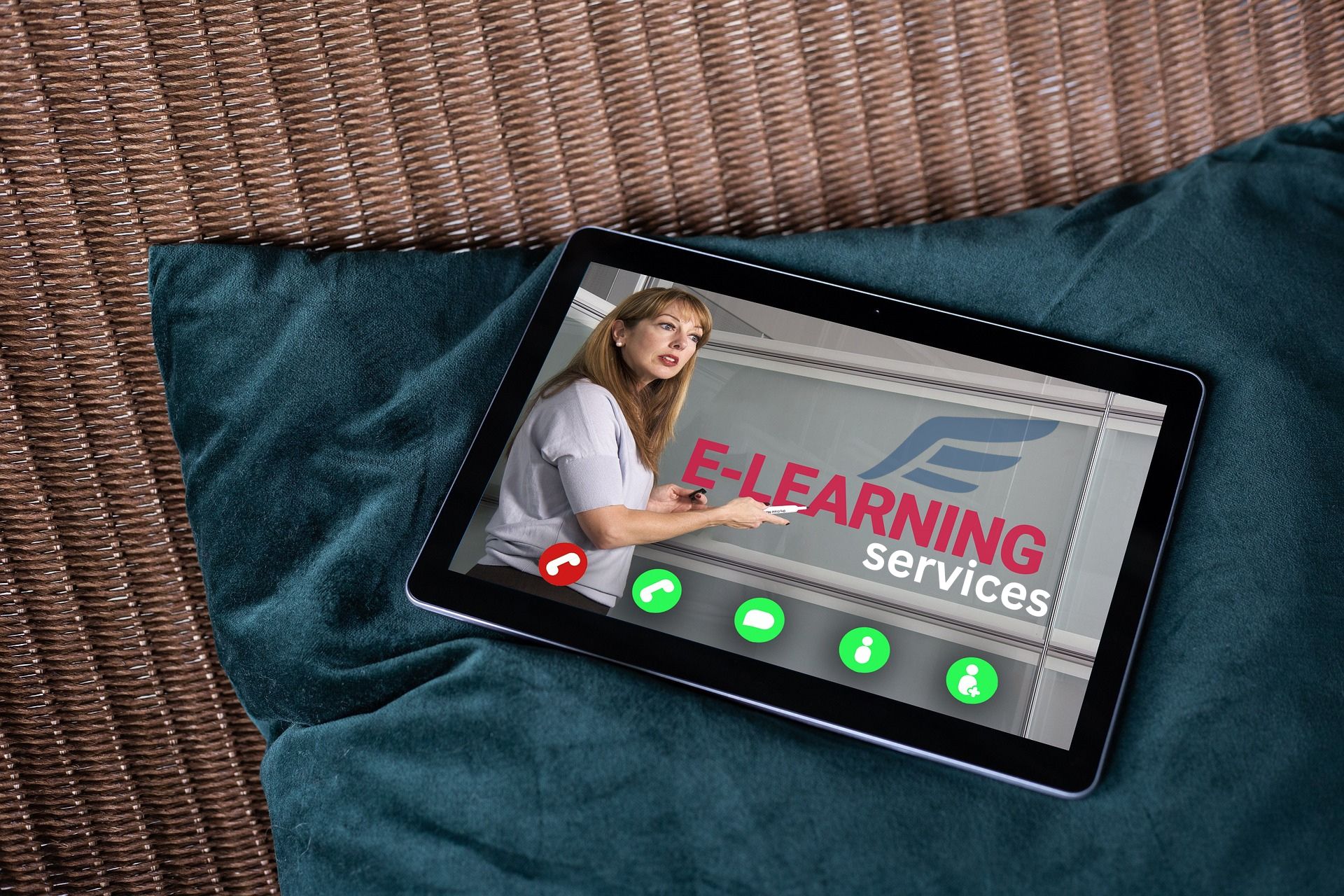India’s e-learning industry has seen rapid growth driven by increased internet access, smartphone use, and government initiatives supporting digital education. This sector includes diverse companies offering custom content, learning management systems, and mobile applications aimed at various educational needs.
The best e-learning companies in India deliver innovative, effective solutions that cater to students, professionals, and organizations, helping to expand access to quality education nationwide. These companies focus on creating engaging, technology-driven experiences that support skill development and lifelong learning.
Their impact is significant as they transform traditional education methods and provide flexible options that fit modern lifestyles. With a growing number of startups and established firms in this space, India has become a key player in the global e-learning market.
Top E-Learning Companies in India
India’s e-learning sector features a range of companies excelling in various domains such as scalable platforms, specialized content, and regional expertise. Their solutions span corporate training, academic courses, custom development, and mobile learning.
Market Leaders
Market leaders in India include large firms with broad portfolios of e-learning solutions. These companies typically provide end-to-end services like Learning Management Systems (LMS), custom content development, and mobile app integration. They serve diverse sectors, including corporate training, healthcare, and education.
Swift eLearning Services and Enhance Systems Private Limited are examples. These firms focus on scalable, technology-driven solutions that support compliance training and skill development. They often work with multinational clients, consistently updating their offerings to meet evolving learning needs.
Emerging Startups
Emerging startups concentrate on innovation and niche technologies such as AI-driven learning paths, microlearning, and gamification. These companies often prioritize agility and rapid deployment, distinguishing themselves through personalized user experiences.
Startups emphasize mobile-first learning and social learning concepts. Many operate with minimal overhead, allowing competitive pricing and customized, on-demand content. Their offerings appeal especially to small and medium enterprises seeking adaptable learning platforms with quick turnaround.
Niche Solution Providers
Certain companies specialize in focused sectors or content types, such as regulatory compliance, healthcare training, or language learning. They develop highly tailored, domain-specific courses supported by instructional design experts.
These providers excel in creating simulations, scenario-based learning, and interactive modules targeted at professional skill enhancement. Their deep domain expertise ensures regulatory accuracy and practical relevance, making them preferred partners for organizations with specialized training needs.
Regional Players
Regional players are essential in addressing linguistic and cultural diversity within India. They provide content in multiple Indian languages and adapt courses to regional contexts.
These companies often serve government projects, schools, and local businesses. Their strength lies in localized content delivery, which supports digital literacy initiatives like Digital India. Regional players bridge gaps in access and language, expanding e-learning reach to underserved areas.
Key Trends Shaping E-Learning in India
The e-learning sector in India is adapting to rising demand and technological advances. Digital tools, personalized education methods, and mobile accessibility are driving how companies deliver content. These shifts are making education more flexible and tailored to diverse learner needs.
Adoption of New Technologies
Indian e-learning companies are increasingly using artificial intelligence (AI) and machine learning. These technologies enable automated assessments and adaptive learning paths, improving engagement and efficiency.
Beyond AI, cloud computing supports scalable platforms that handle large student volumes without performance dips. Virtual reality (VR) and augmented reality (AR) are also emerging for immersive learning, especially in vocational training and professional upskilling.
The government’s investments in internet infrastructure have accelerated technology adoption. Reliable broadband penetration now reaches many rural and semi-urban areas, facilitating access to advanced digital learning tools.
Personalized Learning Approaches
Personalized learning is central to India’s e-learning evolution. Platforms analyze learner data to customize course content, pacing, and difficulty levels according to individual progress.
This targeted approach benefits diverse student groups, including K-12, higher education, and professional learners. For example, AI-driven recommendations suggest resources aligned with a learner’s strengths and weaknesses.
Personalization also extends to language and regional preferences. Many companies offer content in multiple local languages to improve accessibility and comprehension, enhancing engagement across varied demographics.
Mobile-First E-Learning Solutions
Mobile devices are the primary access point to e-learning in India. Companies prioritize mobile-first design to ensure content is optimized for smartphones and tablets, which are widely used even in remote areas.
Apps feature offline capabilities, allowing learning without continuous internet access. This is crucial where connectivity is intermittent.
Push notifications and microlearning formats support consistent engagement in short, manageable sessions. These mobile-centric strategies address learners’ preferences and daily routines, improving retention and course completion rates.


Leave a Reply